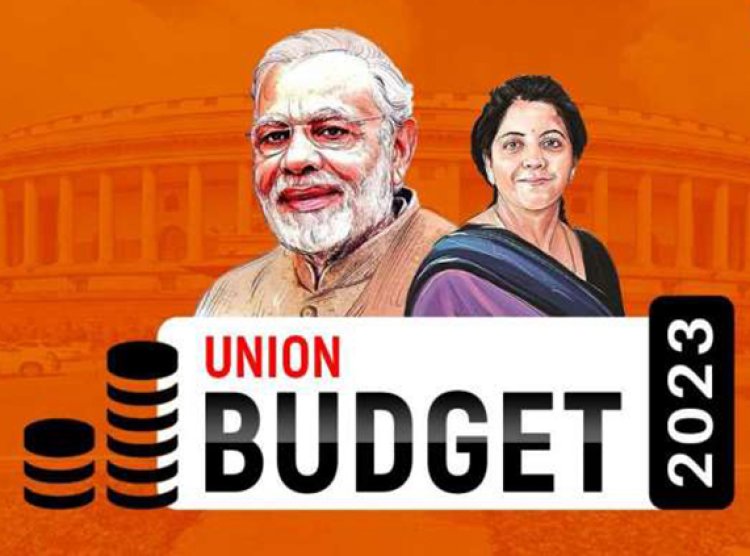Union Budget 2023: Tax breaks, support for AI, 5G, and youth power
The media and entertainment sector is likely to be impacted by the measures outlined by the finance minister in both direct and indirect ways.

Finance Minister Nirmala Sitharaman presented the last significant budget before her government goes back to the polls in the general elections of 2024, proclaiming it to be the "first Budget in Amrit Kaal," and she unveiled a slew of initiatives designed to appeal to as broad a spectrum of the voting populace as possible.
The FM spoke on a variety of topics relevant to many businesses, placing particular emphasis on inclusive and sustainable growth. Some of the stated initiatives would have both direct and indirect effects on the media and entertainment.
The government has declared it will establish three centers of excellence for artificial intelligence at prestigious educational institutions as part of its ongoing push for a "Digital India." The goal of these AI centers is to conduct research and produce useable AI applications in the areas of agriculture, health, and sustainable cities through partnerships between top educational institutions and pertinent industry leaders. This would make it possible for India to build a solid AI ecosystem and to educate highly qualified AI specialists there.
Centers of excellence for artificial intelligence are needed to realize the goals of "making AI in India" and "making AI work for India," according to Sitharaman. In prestigious academic institutions, three centers of excellence for artificial intelligence will be established.
Additionally, the government has committed to setting up 100 labs in top engineering schools for the creation of 5G apps. In order to expand India's visibility and influence in the international tech sector, this will encourage the development of made-in-India apps.
"A National Data Governance Policy will be released, enabling startups and academic institutions to conduct innovative research and development. Access to anonymised data would now be possible, according to Sitharaman, who also mentioned that agri-tech businesses will receive particular consideration.
A pan-India national apprenticeship program will be implemented with a Direct Benefit Transfer to support 47 lakh young people over the course of three years. This program will focus on empowering young people from economically disadvantaged families and rural areas with both soft and hard skills, particularly in the emerging tech, software, and data sectors.
In addition, the finance minister suggested lowering the baseline import tax rates from 21% to 13% for goods other than textiles and agricultural products. The basic custom duties, cesses, and surcharges on several commodities, such as toys, bicycles, and cars, have been slightly altered as a result. Additionally, the basic custom duty on some TVs and mobile phone parts has been reduced.
The government has decreased income tax rates, updated the salary tax slabs, and extended the tax rebate on income up to Rs 7 lakhs under the new tax regime, Sitharaman said. This is likely the biggest effort to win over voters ahead of the spring elections.












